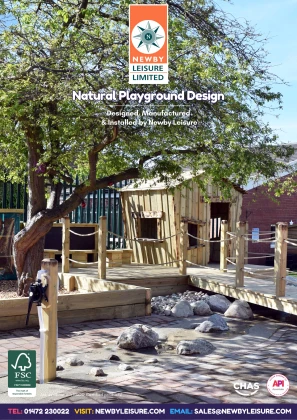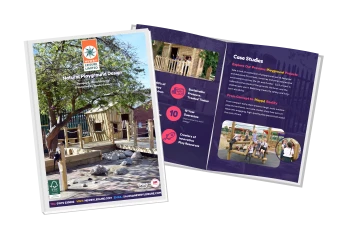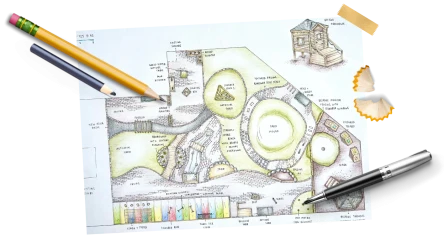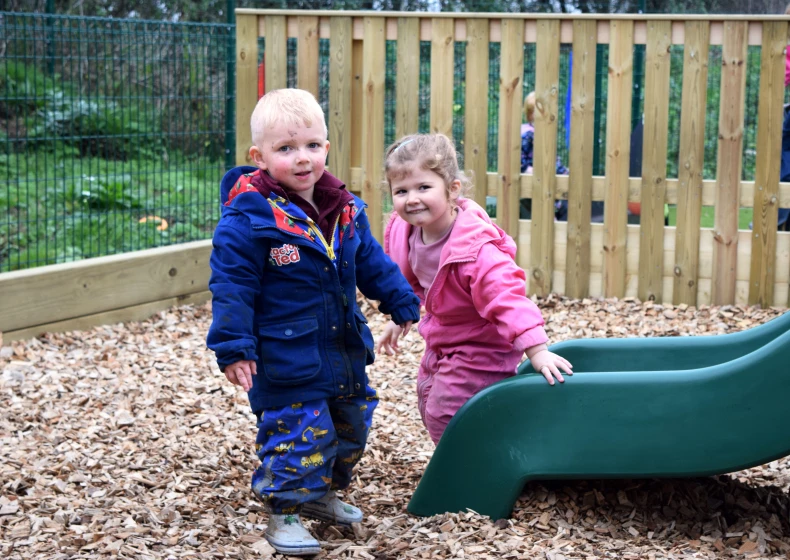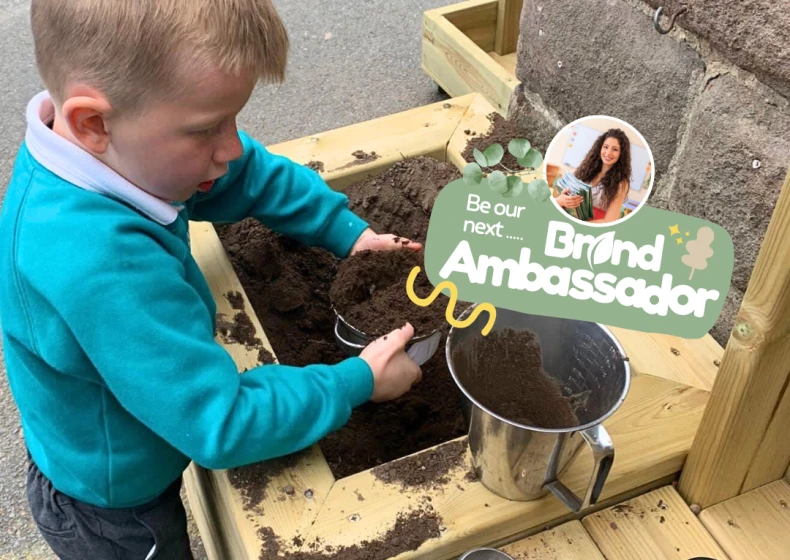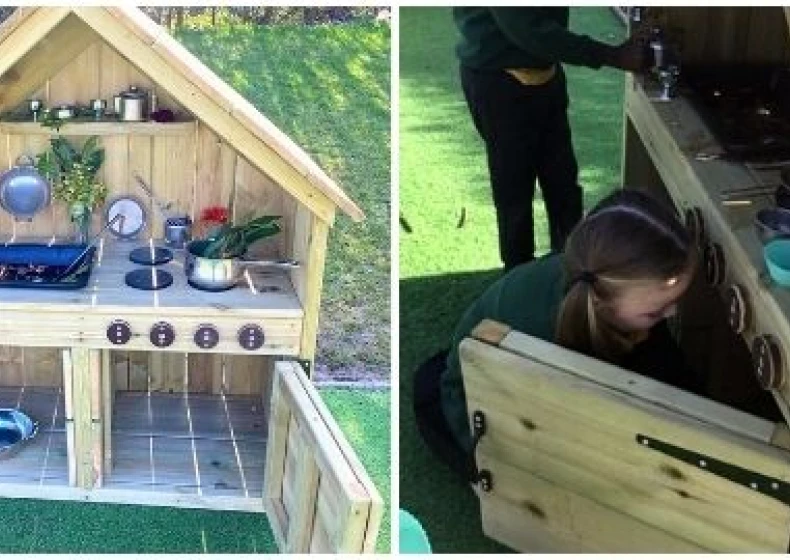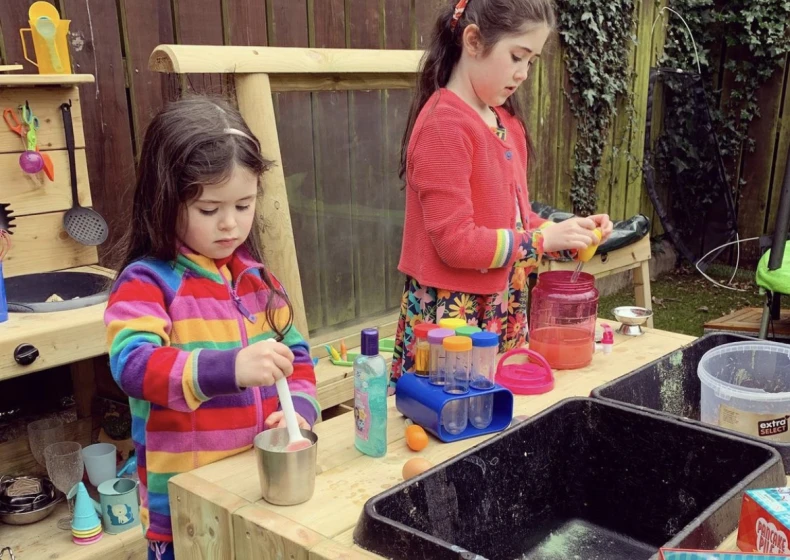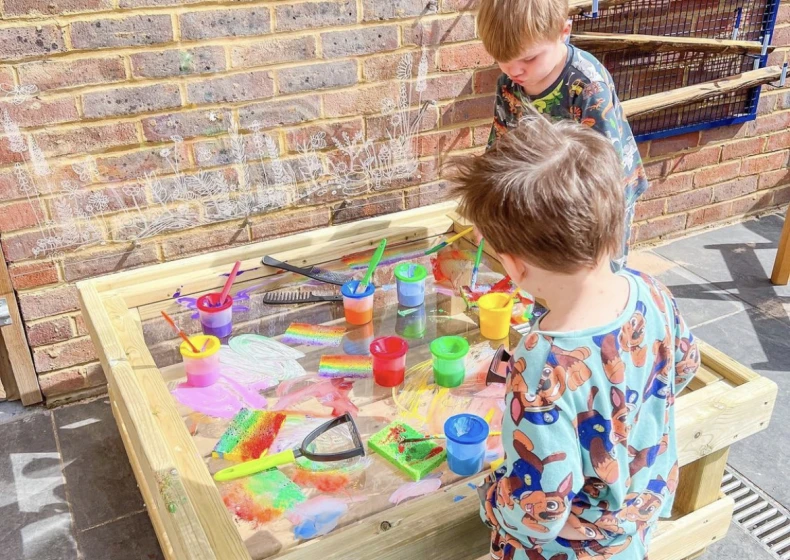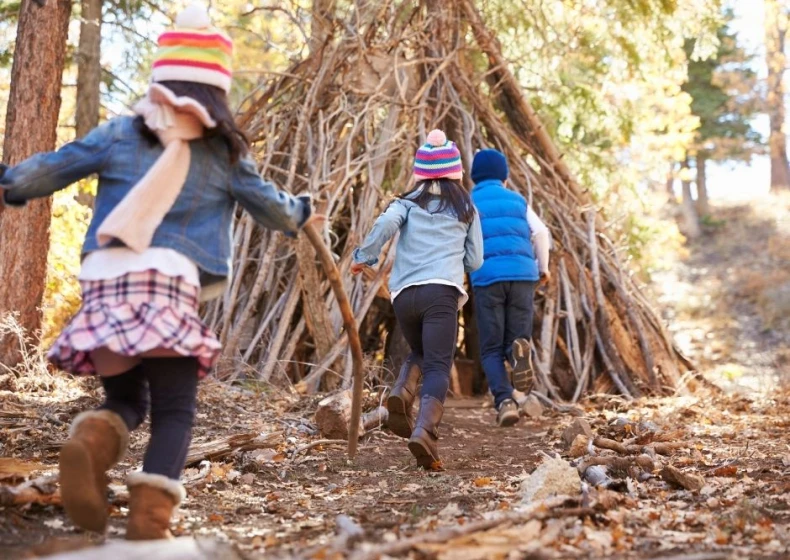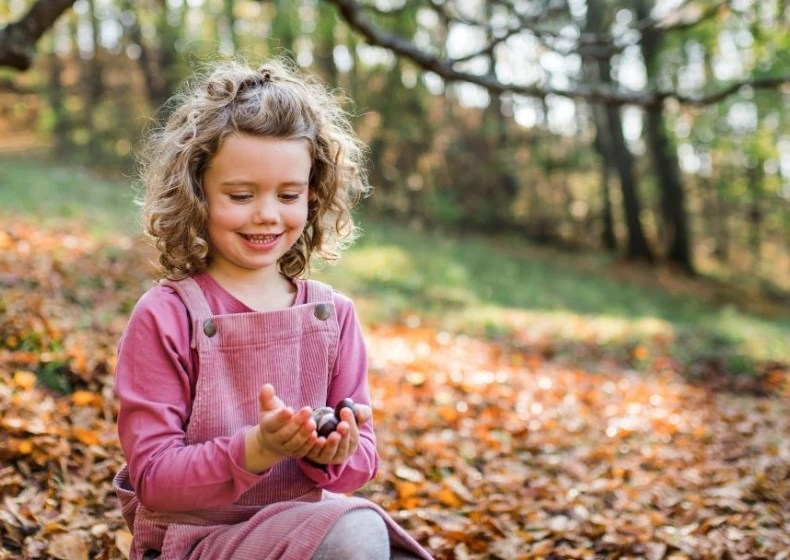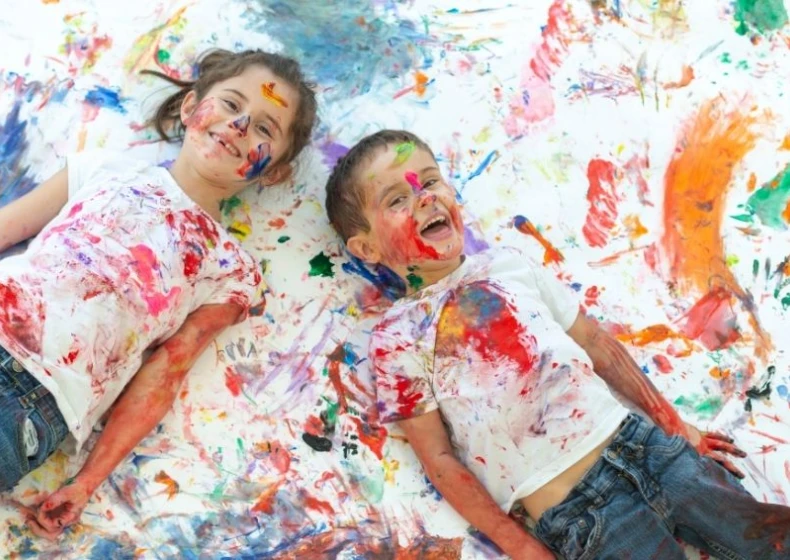Play is much more than just a fun activity for your child.
We often overlook the importance of play (whether this is in the playground at school, creative play at home, or simply playing with friends) as it is seen as a fun pursuit rather than an educational activity. Surprisingly, we couldn’t be more wrong.
Through the enjoyment of play, your child is developing social skills that they will continue to use throughout their lifetime. Those classic playground games such as ‘Tag’, are helping your child to problem solve by calculating and measuring risks. The creativity in problem-solving is helping your child develop their social skills through play.
Just like adults, children progress at different rates. As a child grows they go through crucial stages of play development. Through ‘pretend’ play, with their peers in safe environments, children learn about how to adapt to situations and discover different emotional states. Participating in play provides children with an opportunity to learn about how to behave in a variety of social situations.
Below we have created an infographic that explains how a child’s play develops as they grow and enhance their social skills. Six stages have been established to help you learn about early childhood play. Please note these six stages are a guideline to your child’s social development. It’s important to understand that not all children will display all stages and they won’t necessarily be in this exact order.
Stage 1: Unoccupied Play (Birth - 3 months)
In the initial stages of social play, you’ll be aware of infants movements. They will begin by moving their arms, hands, legs and feet. This stage is all about them discovering how their body can move. These movements can involve random kicking and jerk in this initial stage.
Stage 2: Solitary Play (Birth - 2 Years)
During this second stage, children will often play alone with toys and/ or any object they find to be fun. Additionally, they won’t place importance on other children and typically won’t notice nearby children playing.
Stage 3: Onlooker Behaviour (2 Years)
In this third stage of social play, children begin to notice and enjoy watching each other playing. Children may begin to ask questions about the play, however, they still won’t join in with other children playing.
Stage 4: Parallel Play (2 + Years)
During stage four, children begin to imitate and play alongside each other. You may find that there is a lack of interaction during this period, however, children intensely watch their peers movements.
Stage 5: Associative Play (3-4 Years)
Children start to play with each other during the first stage of social play. Their interaction can involve discussing common goals or interests. Analytical thinking can be seen during this stage of how children aim to achieve goals together. For example, how to climb and reach the top of a climbing frame.
Stage 6: Cooperative Play (4 + Years)
The final stage of social play involves sharing toys between each other and playing games such as a hide and seek and tag. They will begin to establish relationships through cooperative play and create guidelines and rules to follow during these activities.
Play is continuous throughout life. Including play in a child’s routine is crucial for their overall development no matter what age. The value and excellence of play have been practised for centuries and many to come.
The famous Ancient Greek philosopher once said:
Life must be lived as play - Plato

Thanks for reading!
You may wish to keep updated with us on Facebook , Twitter and Instagram too to stay updated with regular news and insights.
"Together, we're better"
